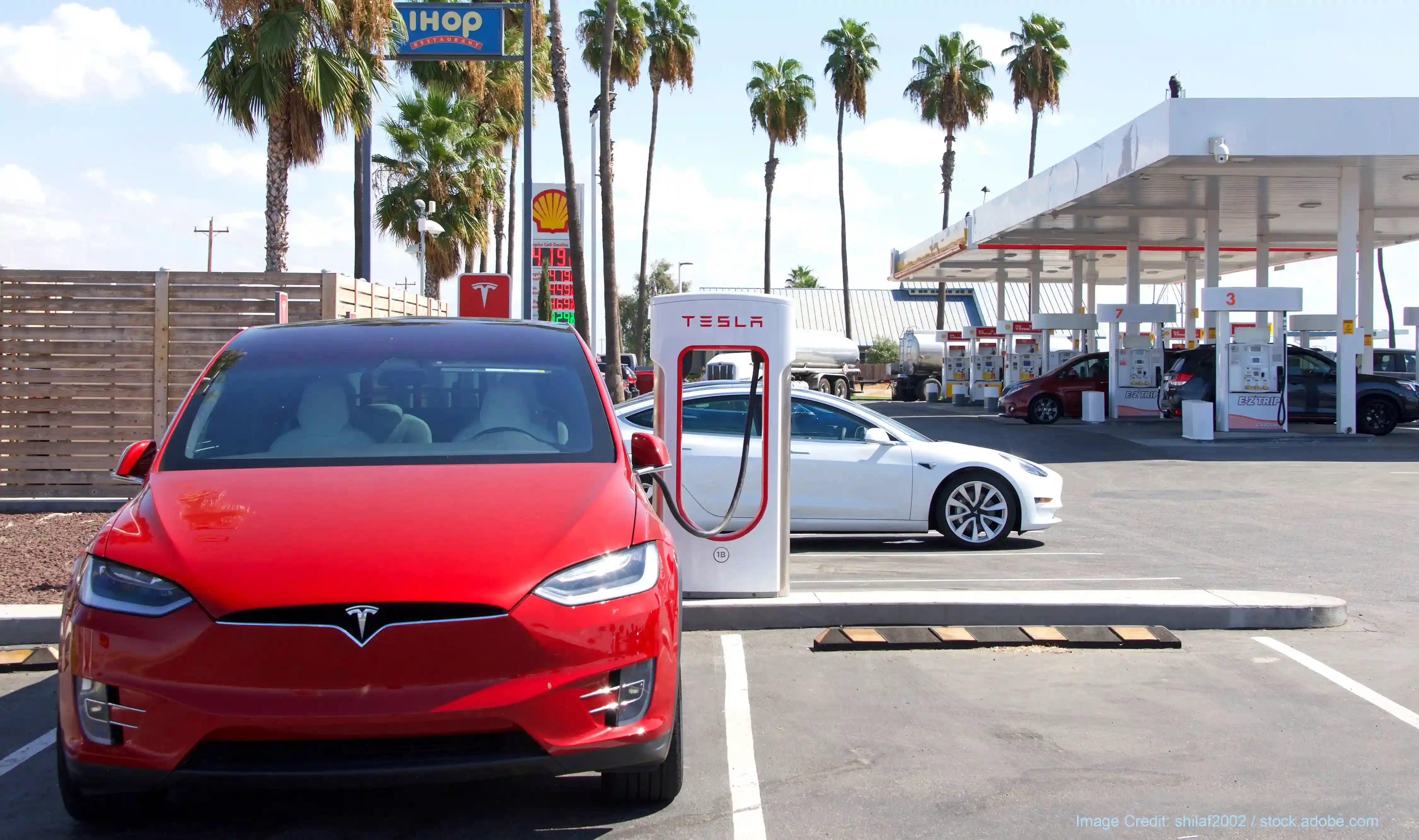Society | Corporation | Tesla
An Overlooked Reason Behind Tesla's Price Variations
A Principle Deeply Rooted in Its Origins
Published March 21, 2024 |
At the height of Tesla's price cuts amidst stock price falls and analyst downgrades back in March 2023, we concluded that Tesla may have handed its vehicle pricing entirely to its AI algorithms. We predicted more price variations in both directions. A year on, we are more convinced of this assertion.
Our insight on this is rather simpler than you may think. Our analysis showed that the use of algorithmic price setting is not new, but Tesla stood out among others as the company most likely to go all-in and trust the machine to set its prices. That is because Tesla is run by a physicist who coined the phrase ...almost all input is error.
It turns out that this phrase is more of a mantra that is deeply rooted in the Tesla approach to almost everything it does. From car production to sales and even the operation of the company and relations with other stakeholders seem to uphold this mantra. Put simply, every extra step that can be avoided between intent and outcome should be avoided.
Against this backdrop, the idea that Tesla trusts an algorithm to vary and fix its prices in line with the appropriate market and production factors is not that far-fetched. In fact, the idea that a team of people are constantly reviweing market conditions from demand to regulations, inflation, Wall Street demands and then fixing the prices at Tesla seems far-fetched as that will be an unnecessary input.
The entirety of Tesla's operations is filled with examples of this mantra in action.

Cutting the Clutter: Tesla's Streamlined Production Ethos
From cutting out lasers to rely sole on cameras and then using the same cameras to eliminate the use of reversing sensors, every car Tesla produces is an embodiment of this mantra. The Tesla Model Y is the only car left in its line up to still feature a gear selector stalk, a standard in all cars, but one Tesla started ditching completely from the current generation of the models X and S and later in the refreshed Model 3 and the Cybertruck.
Whilst many of these were questioned at the time of implementation, consumers have embraced them all. This ability to streamline production in bold ways that no one else is doing was what set Tesla apart in navigating the post-covid-19 chip shortage. The company's intelligence and control on its strategic supply chain is now so efficient that it has become a bellwether for trends in the industry.
Sales Without the Extras: Tesla's Direct Selling Philosophy
The ...input is error mantra dominates its sales. As one of very few manufacturers to sell directly to customers, Tesla has effectively cut out the need for dealer networks whose margins constitute an extra premium on the cost to consumers. Dealers certainly provide value for that premium, but Tesla saw them as an extra step between its intent to sell and the outcome of getting cars to its customers and simply removed it.
The lack of dealer networks is still a sore spot for the company, but as more manufacturers see the benefit, it is likely to become the model across the industry.
The mantra is also the primary reason Tesla doesn't advertise its cars. It stands as the only major manufacturer that does not do standard advertisement—an unnecessary input, cut out. Again, not everyone agrees, and there are sound arguments for advertisement, but who's going to tell that to the physicist at the helm who is trained to treat superfluous variables in equations with disdain.
Straight From the Source: Tesla's Approach to Stakeholder Communication
Perhaps the most extreme implementation of the mantra is in Tesla's public relations. With a public relations team of virtually one—the CEO and a press office that barely exists. Tesla seems to view public relations as practiced across the business world as unnecessary extra steps in getting the message of the company to the population.
Whilst there has been a marked shift in other Tesla executives making public pronouncements, lately, most new information about Tesla still comes from the CEO. This is not everyone's cup of tea, but this is clearly Elon's favoured approach to the media as exemplified in the dealings of his other businesses like X.
Future of Pricing at Tesla
Without the prophetic insights often attributed to Wall Street analysts and certain segments of the media, predicting the future of Tesla's pricing strategy remains a venture shrouded in uncertainty.
Factors such as inflation, competition, EV adoption rates, regulations, tax credits, Sino-American relationship, NHTSA (OTA) recalls, SEC investigations, statements from US politicians, an exclusive media report, another tweet from Elon; all seem to have a bearing on Tesla stock price and vehicle pricing.
That itself is the kind of complexity you probably want to leave to an AI to figure out. Because when you add media bias for and against Elon, Democrat and Republican views on EVs, anti-Net Zero proponents, and even eco-friendly activists opposing a company on a mission to advance the world's transition to sustainable energy, an already complex problem becomes more unwieldy.
In conclusion, there are almost certainly going to be more price cuts following the latest set of price hikes. These will be followed by more variations. The media and analysts will also continue to link these variations to what they deem fit.
We believe Tesla pricing, like many other aspects of the company's operation, is charting a new course for vehicle pricing, and it is time our depreciation calculators are adjusted accordingly.